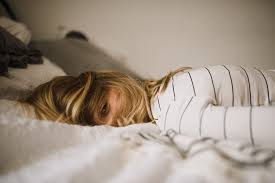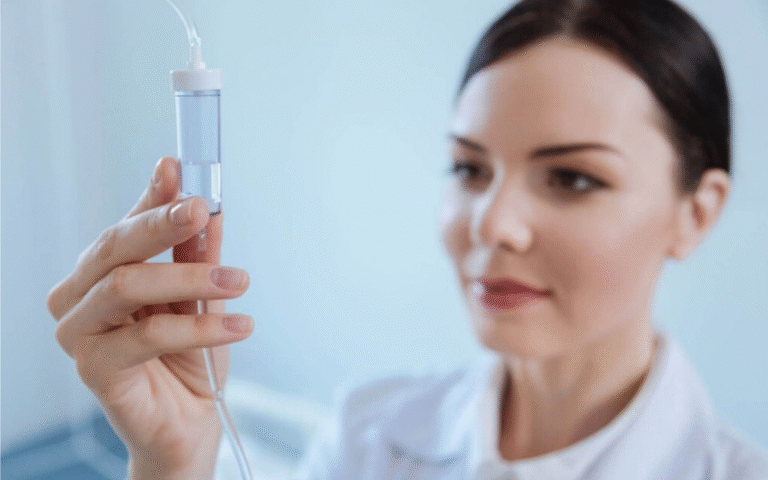Natural Remedies for Menstrual Cramps and Pain: A Gentle Guide to Relief
Menstrual cramps and pain, also known as dysmenorrhea, are common experiences for many women during their periods. These cramps can range from mild discomfort to severe pain that interferes with daily activities. While over-the-counter painkillers are often used to manage this pain, many women seek natural remedies that are gentle on the body and free of side effects. If you’re looking for effective, natural ways to ease menstrual cramps, this guide will explore some simple yet powerful options you can try at home.
What Causes Menstrual Cramps?
Before diving into remedies, it’s helpful to understand what causes menstrual cramps. When your uterus contracts to shed its lining, it releases chemicals called prostaglandins. These chemicals trigger muscle contractions, which can cause pain and inflammation. High levels of prostaglandins often mean more intense cramps. Factors like stress, diet, and hormonal imbalances can also influence the severity of pain.
Natural Remedies for Menstrual Cramps
1. Heat Therapy
One of the simplest and most effective ways to relieve cramps is by applying heat to the lower abdomen. Heat helps relax the muscles of the uterus, reducing the intensity of cramps.
- How to use: Use a heating pad, hot water bottle, or warm towel. Apply it to your lower belly for 15-20 minutes at a time. You can repeat this several times a day as needed.
- Why it works: Heat increases blood flow and soothes muscle spasms, providing quick and comforting relief.
2. Herbal Teas
Certain herbs have been traditionally used to calm menstrual pain. These herbs often have anti-inflammatory and muscle-relaxing properties.
- Ginger tea: Ginger is well-known for its anti-inflammatory effects. Drinking ginger tea 2-3 times a day during your period can reduce cramps.
- Chamomile tea: This herb acts as a natural muscle relaxant and has calming effects that may help reduce pain and anxiety related to menstruation.
- Peppermint tea: Peppermint can help relax muscles and ease pain.
Drinking warm tea also helps keep you hydrated, which is essential during your period.
3. Regular Exercise
While it may seem counterintuitive to move when you’re in pain, gentle exercise can significantly ease menstrual cramps.
- Recommended activities: Walking, yoga, swimming, or stretching.
- Why it helps: Exercise releases endorphins, natural painkillers produced by your body, and improves blood circulation. Both effects reduce the severity of cramps and improve mood.
4. Dietary Adjustments
What you eat can impact your menstrual pain. Some foods can worsen inflammation and cramps, while others can help ease symptoms.
- Eat anti-inflammatory foods: Incorporate plenty of fruits, vegetables, whole grains, nuts, and seeds. Foods rich in omega-3 fatty acids (like salmon, flaxseeds, and walnuts) are especially beneficial.
- Reduce salt and caffeine: High salt intake can cause bloating and worsen cramps, while caffeine can constrict blood vessels and increase pain.
- Stay hydrated: Drinking enough water helps prevent bloating and promotes better circulation.
5. Magnesium Supplements
Magnesium is a mineral that helps relax muscles and reduce inflammation. Low levels of magnesium are linked to more severe menstrual cramps.
- How to use: Consider taking a magnesium supplement after consulting your healthcare provider. You can also increase magnesium intake naturally by eating spinach, nuts, seeds, and whole grains.
- Benefits: Magnesium may reduce cramping and improve mood swings during your period.
6. Acupuncture and Acupressure
Traditional Chinese Medicine offers acupuncture and acupressure as ways to balance the body’s energy and relieve pain.
- Acupuncture: This involves inserting thin needles into specific points on the body to reduce pain signals.
- Acupressure: You can try this at home by applying gentle pressure to points like the inside of your ankle or the lower back.
- Effectiveness: Many women report reduced menstrual pain and better overall well-being with these methods.
7. Essential Oils
Aromatherapy with essential oils can help relax muscles and ease pain.
- Lavender oil: Known for its calming and pain-relieving properties.
- Clary sage oil: Often used to balance hormones and reduce cramps.
- How to use: Dilute a few drops of essential oil with a carrier oil (like coconut or almond oil) and massage gently onto your lower abdomen or lower back.
8. Proper Rest and Stress Management
Stress can increase the perception of pain. Ensuring you get enough rest and practicing relaxation techniques can make a big difference.
- Try deep breathing, meditation, or gentle yoga to reduce tension.
- Maintain a regular sleep schedule to support your body during menstruation.
When to See a Doctor
While natural remedies are helpful for most women, severe or persistent menstrual pain should be evaluated by a healthcare professional. Conditions like endometriosis, fibroids, or pelvic inflammatory disease may require medical treatment.
FAQs About Natural Remedies for Menstrual Cramps
1. Can natural remedies completely replace pain medication?
Natural remedies can significantly reduce menstrual pain for many women, but they may not fully replace pain medication in all cases. Severe pain should always be discussed with a healthcare provider.
2. Are there any risks to using herbal teas during menstruation?
Most herbal teas like ginger, chamomile, and peppermint are safe when consumed in moderation. However, pregnant women or those with allergies should consult a doctor before use.
3. How soon before my period should I start using these natural remedies?
You can start using remedies like heat therapy, herbal teas, and magnesium supplements a few days before your period to help prevent cramps or as soon as you notice symptoms.
4. Can diet really affect menstrual cramps?
Yes! Eating a balanced diet rich in anti-inflammatory foods and avoiding excess salt, caffeine, and processed foods can help reduce inflammation and muscle cramps.
5. Is exercise safe during menstruation if I have cramps?
Yes, gentle exercise like walking, stretching, or yoga is safe and often helps relieve cramps by boosting blood flow and releasing natural painkillers.
Conclusion
Menstrual cramps and pain are uncomfortable but manageable. Using natural remedies like heat therapy, herbal teas, gentle exercise, and dietary changes can help you feel better without relying solely on medications. These approaches promote overall well-being and empower you to take control of your menstrual health naturally. If pain is severe or disrupts your life, don’t hesitate to seek medical advice. Your comfort and health matter, and with the right care, you can navigate your periods with more ease and confidence.






